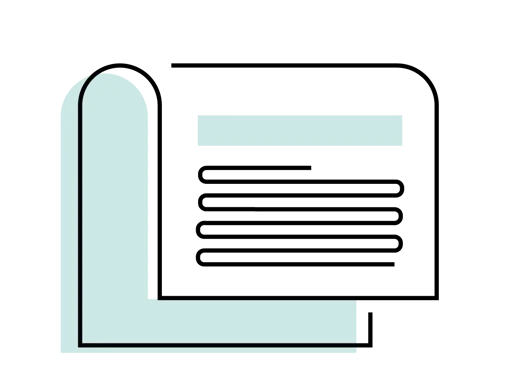Our number-one priority during this national emergency is to ensure doctors are as safe and supported as possible in order to carry out their vital work treating patients.
Much has been made of the science of coronavirus’s spread and what can and should be done to minimise it. Appropriate PPE (personal protective equipment) provision for all staff is absolutely essential for this to happen – and we’ve been in constant discussion with the Welsh Government to ensure staff in Wales are protected. The problem is that what is ‘appropriate’ feels to many like it is being driven by limits on what PPE is available, not by the necessity to prevent infection in healthcare workers or iatrogenic passage to patients being treated for other conditions. This applied initially to eye protection, until the challenge was taken up magnificently by local industry and schools, but persists in limited supplies of, for example, FFP3 masks or their equivalent.
While many of our members report that enough PPE is available on the front line, we are aware that this is not always the case; last weekend, when England was facing an acute lack of gowns, Wales reported adequate supplies, but this was at odds with some members’ experience. Too many of our members are reporting feeling pressured into seeing patients without what they believe to be appropriate provision of PPE – a situation perpetuated by variations in the level of PPE recommended between public health bodies and medical royal colleges. This has left individual clinicians suspicious and doubtful that their well-being is behind such advice and concluding – as many have – that the NHS of all four nations were wildly underprepared despite repeated warnings that a major pandemic represented an enormous threat to our country. The response from frontline clinical teams since and the support from all sides has been astounding.
During the bank holiday we were compelled to release a joint statement with the Trades Union Congress, addressing our shared concerns about PPE provision, which was widely picked up in the media. We’re calling for Welsh Government to be transparent with staff about supplies, and to put a national strategy in place to ensure supplies continue at pace. We hear multiple stories of companies offering to supply PPE and being ignored as they are not ‘approved suppliers’ – the supply chain remains painfully slow, when the modelling of the disease and therefore the potential PPE need has been obvious for weeks.
If ever there was a place for a precautionary approach, the appallingly high rate of health carers’ deaths, particularly in black, Asian and minority ethnic groups, is justification enough. We must not belittle the fear of others. Consultants have a duty to defend those they work with and to argue for the best protection possible, for our trainees, staff, associate specialist and specialty colleagues and those less able to argue for the protection they feel they require. Being in a position of needing to triage the lives of healthcare staff in the workplace is unacceptable.
Until we have a cast-iron guarantee that all staff will be fully protected, we are advising members that do not have access to appropriate PPE to follow our guidance to determine the best course of action. There are limits to the risks that doctors can be expected to expose themselves to. You are under no obligation to provide high-risk services without appropriate safety and protection. You can decline to treat patients if your PPE is inadequate, you are at high risk of infection and there is no other way of delivering the care. Our ethical guidance on this and other COVID-19-related issues is available here. Our ethical FAQs are available here.
We are running a regular survey to enable us to continue to gather intelligence from the front line. The survey will be emailed to you each week, please do share your experiences with us so we can lobby on your behalf with up-to-date information. Our web portal also remains open for you to share your experiences.
Please keep visiting our COVID-19 hub to access new guidance as it is published.
From those bravely saving lives in surroundings saturated with aerosols to those caring in our communities, everyone needs the best protection because ‘adequate’ doesn’t inspire confidence when healthcare workers are dying. We must protect doctors, or we will lose them. It should be possible to do more and we must – however demanding this may seem. Until this is achieved, not everything has been given that the NHS needs to beat the virus – but our colleagues’ lives may have been.

